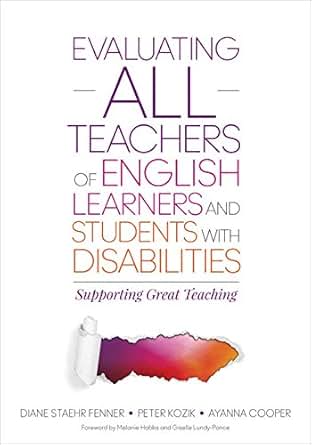As part of the Mifamily project, the partnership is currently developing training content for teachers, educators and volunteers working or supporting education for migrant children, to help strengthen the integration of students from migrant backgrounds in to the host country’s school settings and to support children’s success in education by providing training, coaching and guidance to their parents by using family learning methods and resources to overcome language and cultural barriers and foster active involvement of migrant parents in their children’s schooling
INQS, as part of this process, is responsible for developing the curriculum for learning unit 6 – Self-evaluation and professional development for teachers, with a view to family learning. As part of this, INQS has been reading through a 2015 book “Evaluating ALL Teachers of English Learners and Students With Disabilities: Supporting Great Teaching” which provides guidelines on recognizing diverse students’ strengths and changing educators’ dispositions.

The book suggests that for the support of diverse learners to occur, it is important that evaluation also take into account inclusiveness in teaching.
The book suggests 4 principles on which this inclusive approach should be based. These principles – “Principles for Inclusive Teacher Evaluation” – should underpin the values, characteristics and skills for teachers who want to create an inclusive classroom and should be considered when undertaking self-evaluation. The principles are:
- Committing to equal access for all learners – “Educators are aware of and adhere to the laws and to the precedents set in numerous court decisions regarding full and equal access to public education for all students”
- Preparing to support diverse learners – “Educators demonstrate their knowledge of individual student backgrounds as well as the strengths and advantages student diversity brings.”
- Reflective teaching using evidence-based strategies – “Educators’ classroom instruction embodies the tenets of universal design for learning. Instruction is individualized, student centered, varied, appropriately challenging, standards based, and grounded in evidence-based practice”
- Building a culture of collaboration and community – “Educators focus on professional relationships and connections to culture and community in the service of all students.”
The intention is that through using frameworks such as these to help support teachers in how they evaluate their teaching practice, Learning Unit 6 of Mifamily project will be able to address the skills and knowledge related to this defined in the LU6 curriculum and to help “provide teachers and educators with the knowledge and tools required to engage in self- evaluation and in meaningful personal and professional development.”